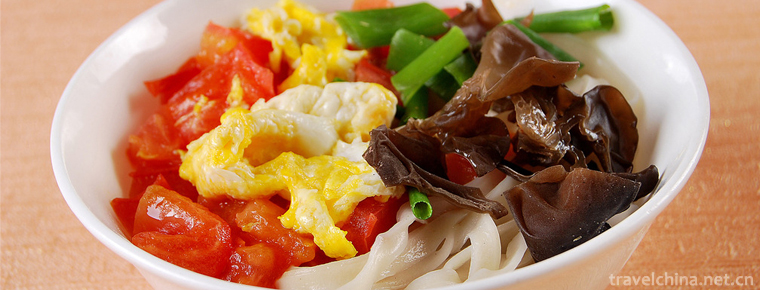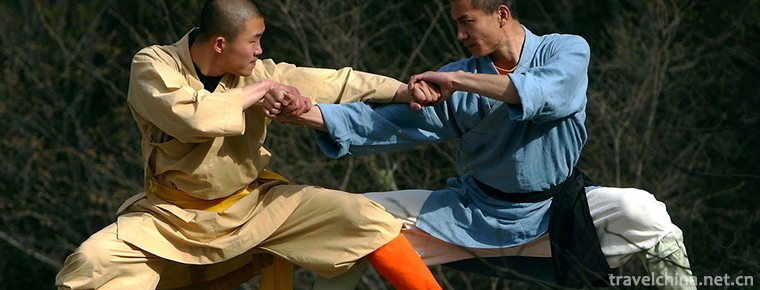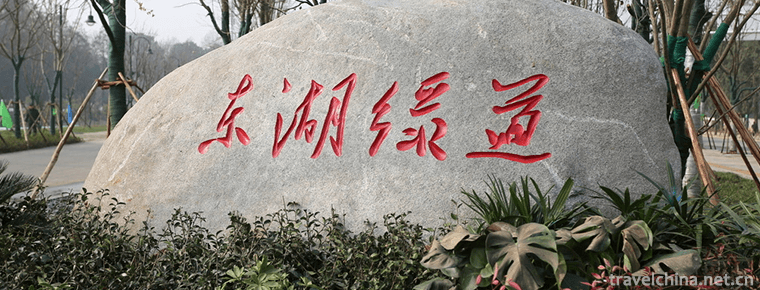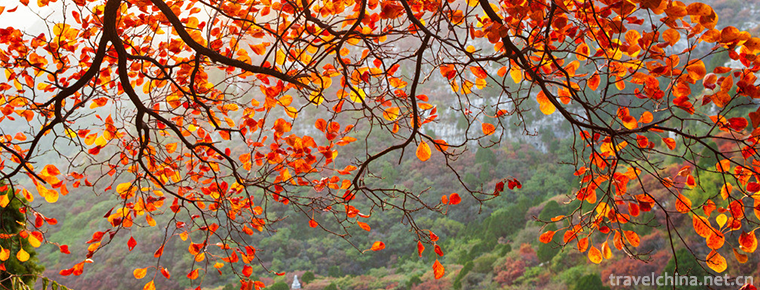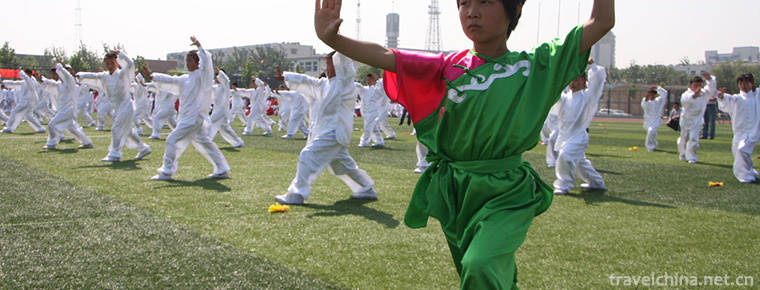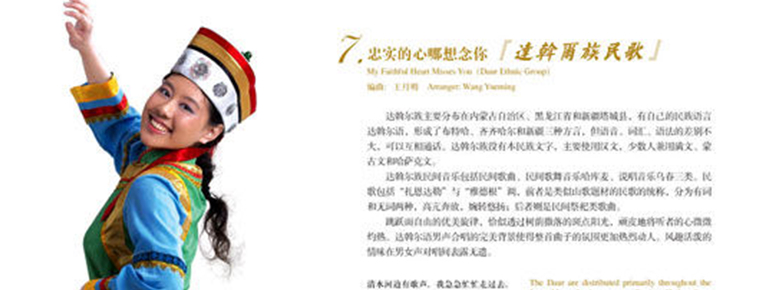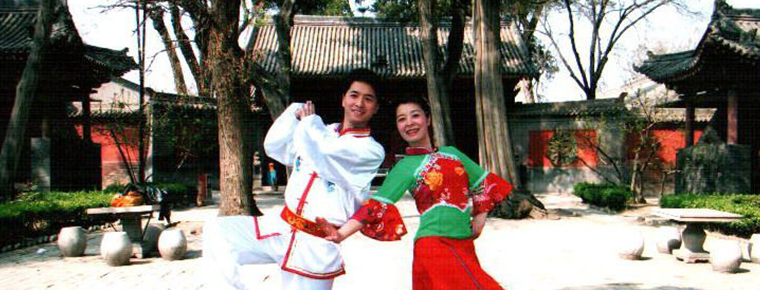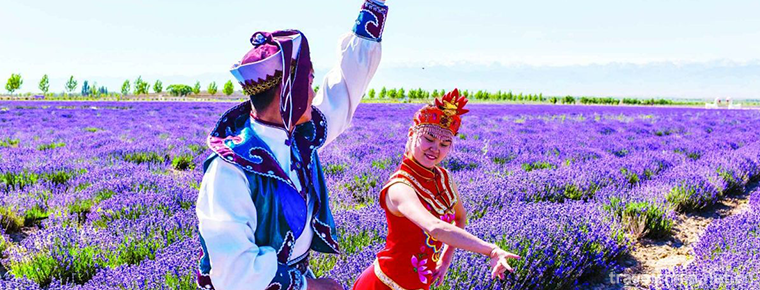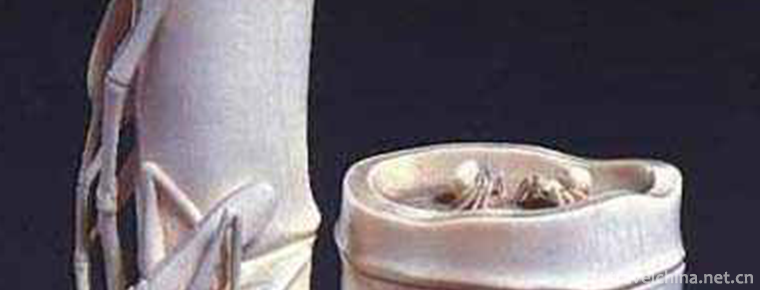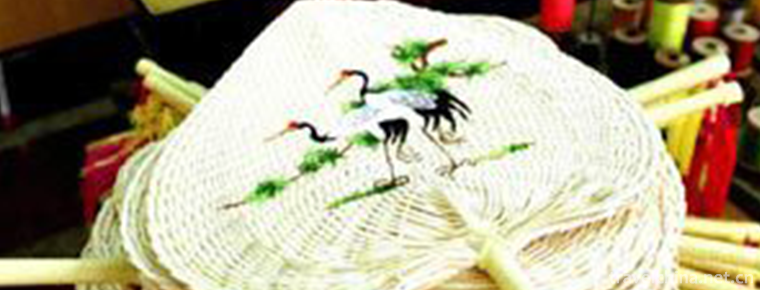Dagudarengrab
Dagudarengrab
Dagudalenglei Biao is the only Creation Epic discovered, sorted out and published by the De'ang people up to now. It is more than 1200 lines long. The epic is different from the Creation Epic of other nationalities. Its plot is simple and it always takes tea as the main line. It focuses on how this ancestor of human beings and all things on the earth transformed the world and multiplied the miracles of human beings, and uses fantasy. Personify tea. It reflects the totem worship of tea trees by the De'ang people.
On June 7, 2008, the Dagu Dai Linglei Bid declared by the Dai Jingpo Autonomous Prefecture of Dehong, Yunnan Province, was listed in the second batch of national intangible cultural heritage list with the approval of the State Council. Heritage serial number: 552 I-65.
historical origin
De'ang ethnic group is a unique ethnic group with a small population in Yunnan, and it is also a cross-border ethnic group in Yunnan Province. In the long-term production and life practice, the De'ang people, relying on their diligent wisdom and creativity, have left behind a unique national characteristics, rich and colorful, brilliant cultural heritage for mankind.
Dagudalenglei Biao is the creation myth epic of the De'ang people. The De'ang language means "the earliest ancestor legend". It entered the second batch of national intangible cultural heritage protection list in 2008. In order to effectively carry out the rescue and protection work of the project, on the afternoon of August 25, the Municipal Sports, Radio, Television and Tourism Bureau held an investigation and training on the inheritors of the De'ang Genesis Epic "Dagudalengreb" in the conference room of the Municipal Cultural Museum. Twelve people from the leaders in charge of six De'ang townships and staff of cultural stations in the city participated in the training.
primary coverage
Tea culture is a wonderful flower of De'ang traditional culture. The Dagudalenglei Biao, published as the second batch of national intangible cultural heritage, is a Creation Epic passed down from generation to generation by the De'ang people. It uniquely points out that human beings originate from tea trees and that the De'ang people are descendants of tea trees, reflecting the original thinking characteristics and values of the ancestors of the De'ang people.
Tea is the life of tea trees/tea is the AZU of all things/the sun and moon stars in the sky/the elves of tea trees/the golden sun/the shining light of tea fruits/the silver moon/the opening of tea flowers/countless stars in the sky/the blinking golden glow of tea leaves/the white clouds/the scattering veil of tea trees/the shining sunset/the gorgeous clothes of tea trees/
Tea is the lifeblood of Deon/Where there are Deon people, there are tea mountains/magical legends left to the present/Deon people still have the fragrance of tea.
De'ang people have a long history of worship and love of tea, and they are known as "tea people" and "ancient tea farmers" by other nationalities. Tea symbolizes honesty and trust in De'ang ethics. Tea is a relic and messenger. All sincerity is in the sweet and bitter aftertaste of tea.
There are many methods of tea making and drinking among the De'ang people, and the most distinctive one is the sour tea of the De'ang people. There are two kinds of techniques: one is the pit method. Before pottery was invented and used, fresh tea was harvested home, wrapped in fresh banana leaves, buried in a deep pit dug in advance for about 7 days, then the tea was taken out and kneaded in the sun for 2 days. When the tea was slightly dried, it was wrapped up and put back into the pit for 3 days, then dried and soaked. Boiling water is used when soaking. It tastes bitter and sour. It has the effect of cleaning mouth and clearing heat and relieving heat. It is a green health beverage of original ecology. Sauerkraut for cooking should be properly put in the second process for a few days, and then be grinded and dried in spring. When you eat it, you can use water to foam and then cool it. Its taste is sour and astringent, which can increase people's appetite. The second is pottery method. After the creation of pottery, sour tea was directly salted in pottery pots.
Inheritance value
De'ang people have been singing such an ancient song for generations: "Tea is the lifeblood of De'ang. Where there is De'ang, there are tea mountains." The mysterious legend has been passed down to the present day, and the tea fragrance is still floating on the body of the Deon people. "When the earth is chaotic, the sky is beautiful and full of lush tea trees." Tea trees are the ancestors of all things. The sun, moon and stars in the sky are all transformed by the spirit of tea. "These tea spirits, seeing the desolation of the earth, asked the omnipotent God Padaran:" Why can't we grow on the ground? "Padaran answered:" All the darkness in the world is full of disasters. Anyone who wants to suffer will never be able to return to heaven. "But for the sake of evergreen earth, tea plants are willing to suffer on the ground. Padaran also wanted to create a prosperous world. He tried the old tea trees and the small ones. When he saw that they all wanted to go down, the Almighty God set off a strong wind and tore up the small tea trees, causing 102 leaves to float down. These leaves have undergone a wonderful change in the wind, turned into men and women: "The singular leaves into 51 capable young men, the double leaves into 25 pairs and half beautiful girls. "
Later, four demons, red, white, black and yellow, appeared on the earth. They ran rampant and painted charcoal. Tea and the four demons fought for 90,000 years, and finally eliminated them. Tea brothers and sisters cut off their skin and flesh, crushed them into trees and flowers on the earth, and sprinkled their fairy colors on white flowers. Tea leaves only ordinary colors: green receptacles, yellowish stamens and white petals. From then on, these girls and young men lived on the earth and multiplied human beings.
The epic and the myth of "tea strangers" in the scattered narrative literature of De'ang Nationality come down in one continuous line. The De'ang people regard tea as their ancestors, which is inseparable from the life of their primitive ancestors, and is also the product of the integration of natural worship and ancestor worship. The idea of plant totem reflected in this epic of creation is relatively primitive, and its initial time seems to be very early. So this epic has been handed down till now, and its literary and cultural values are precious. "Dagu Dalengreb Biao" is sung and translated by Zhao Lalin, and recorded by Chen Zhipeng in "Camellia" (1981:2).
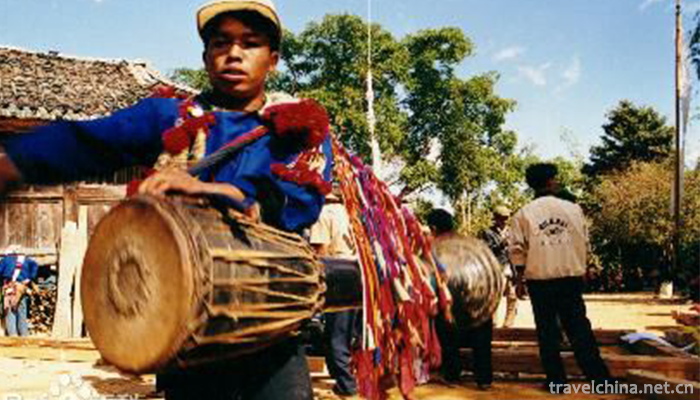

Dagudarengrab
-
Lhanagtso Rakshas
Views: 184 Time 2018-10-12 -
Martial Art
Wushu is a technology inherited from ancient military wars. Martial arts can strengthen the body and defend the enemy
Views: 295 Time 2018-11-13 -
Wuhan Donghu Scenic Area
Wuhan Donghu Eco-tourism Scenic Area, referred to as Donghu Scenic Area, is located in the central city of Wuhan, Hubei Province. It is a national 5A-level tourist attraction, a demonstration site of
Views: 233 Time 2018-12-12 -
Red Leaf Valley Eco cultural Tourist Area
Red Leaf Valley Eco-cultural Tourist Area, National Key Scenic Spot, National AAAA Class Tourist Spot. Red Leaf Valley is located in the southern mountain area of Jinxiuchuan Township
Views: 226 Time 2019-01-16 -
Cangzhou Wushu
Cangzhou people have been known for their simplicity, integrity, diligence and bravery since ancient times. Because of the relationship between geography and historical conditions
Views: 176 Time 2019-04-04 -
Daur Folk Songs
Daur people mainly live in Inner Mongolia Autonomous Region and Heilongjiang Province, and a few live in Tacheng County, Xinjiang. Daur means "pioneer".
Views: 320 Time 2019-04-22 -
Hancheng Yangko
Hancheng Yangko, commonly known as "singing Yangko", is a form of singing that integrates folk songs, rap and dance, and derives from traditional opera
Views: 331 Time 2019-05-02 -
Sibo Belem Dance
"Bailun" dance is the generic name of Xibo self-entertainment dance and the first type of Xibo folk dance. It originated from an ancient dance that imitated life and production posture in th
Views: 161 Time 2019-07-01 -
ivory carving
Ivory carving refers to the carving process and its products with ivory as the material. It is an ancient Chinese traditional art, folk arts and crafts. Ivory is the strongest part of an elephant. It
Views: 126 Time 2019-07-06 -
Xinhui Sunflower Art
Xinhui Sunflower Art, a traditional Chinese handicraft, originated in Xinhui District, Jiangmen City, Guangdong Province. Xinhui Sunflower Art has a history of more than 1600 years, and became famous
Views: 137 Time 2019-07-06
